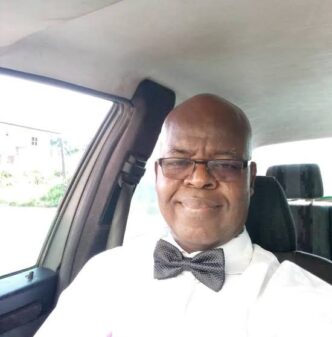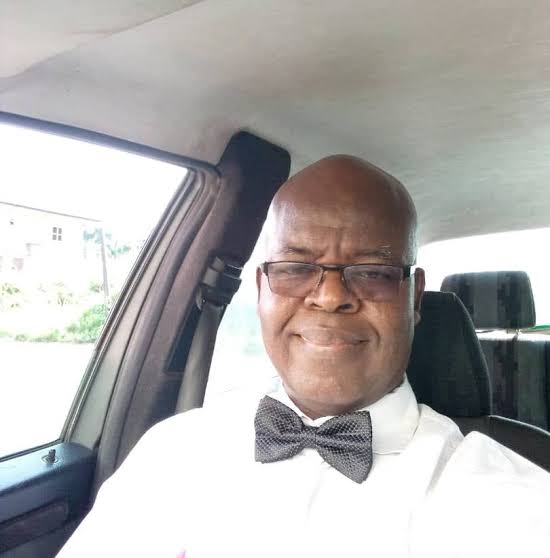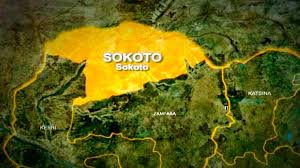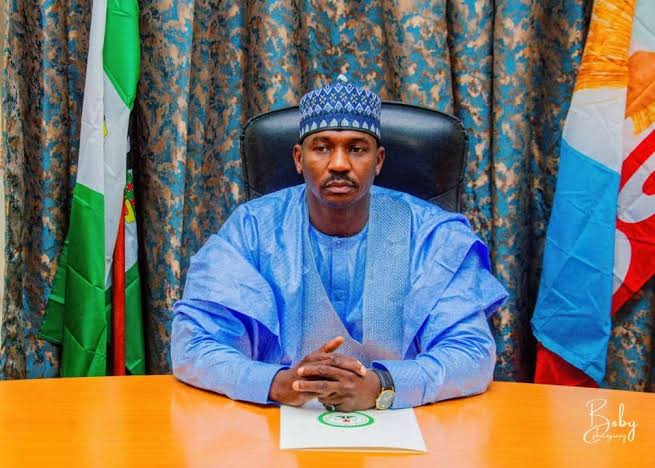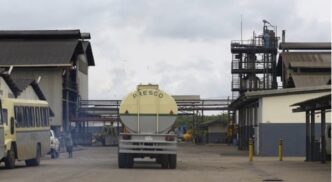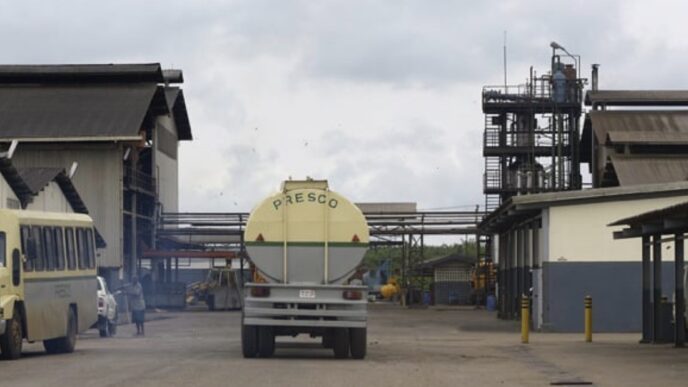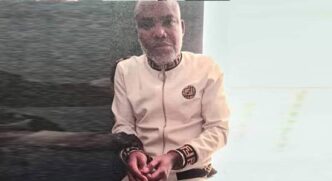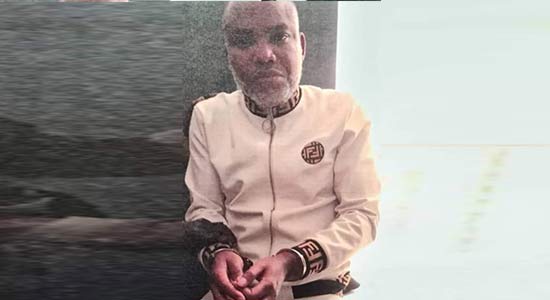Nigeria’s current democratic dispensation began on May 29, 1999, when the military handed over power to a civilian government led by President Olusegun Obasanjo, a Yoruba from the southwest. This transition was partly to compensate the Yoruba for the annulled June 12, 1993, presidential election won by Chief MKO Abiola, also a Yoruba. The sequence of events that followed has had far-reaching implications for the country’s security.
In 1998, northern politicians agreed not to contest the presidential election, allowing Obasanjo to win. He served from 1999 to 2007, and was succeeded by Umaru Yar’Adua from the north, as part of an unwritten power rotation agreement. When Yar’Adua died in 2010, Vice President Goodluck Jonathan, a southerner, became Acting president in circumstances that negate a smooth transition of a vice taking over from an indisposed President. The doctrine of necessity was invoked by the National Assembly to pave the way for Jonathan to be Acting President. Jonathan’s decision to seek a fresh mandate in 2011 sparked controversy and division within the ruling People’s Democratic Party (PDP). The North felt betrayed, arguing that he should have allowed the North to complete the eighth year of the power rotation. This perceived betrayal and renege of an unwritten agreement created an atmosphere of mistrust and tension that would have far-reaching consequences.
The resulting tensions and divisions contributed to the rise of security challenges, including the militarisation of Boko Haram, which emerged in 2009 in Borno State. Boko Haram’s leader, Yusuf, died in police custody in 2009, and the group’s violent campaign against the Nigerian state became more profound after the 2011 election that brought in Jonathan as President. The group’s brutal tactics led to the displacement of entire villages, particularly in the northeast, where communities such as Baga, Dikwa, and Maiduguri were forced to flee their homes. Local collaborators, often working with armed groups, have been accused of exploiting the insecurity to cart away valuable minerals, including gold, tin, and uranium, often using helicopters to transport the stolen resources.
The Chibok kidnapping in 2014 was orchestrated to weaken the administration of Goodluck Jonathan and disparage the government, few months to the national elections.
The economic dimensions of the insecurity are staggering. Nigeria loses an estimated $10 billion annually to oil theft and smuggling, while the country’s solid minerals sector is plagued by artisanal mining and smuggling. The insecurity has also driven away investors, disrupted agricultural production, and exacerbated poverty and hunger. In the northwest, bandits have seized control of several gold mines, displacing communities and generating millions of dollars in illicit revenue especially in Zamfara, Plateau and Benue States. The Nigerian government has not effectively addressed these challenges, and the situation is further complicated by the presence of various armed groups and militias.
In a bid to combat the growing insurgency, the Jonathan administration contracted foreign mercenaries, including South African and Ukrainian soldiers, which largely succeeded in effectively combating Boko Haram in local government areas they occupied in 2014. However, after Muhammadu Buhari took office in 2015, he terminated the contract, citing cost and effectiveness concerns and Boko haram blossomed again.
There are allegations that some Northern elements had brought in jihadist militants from other countries to cause trouble if Jonathan was declared the winner of the 2015 presidential election. Jonathan, aware of the potential for violence, conceded defeat to Buhari, a northerner, in the interest of peace. This decision was seen as a statesmanlike gesture, but it also meant that the security challenges facing the country would continue to escalate because these imported militants were not allegedly settled.
The humanitarian impact of these conflicts is devastating, with millions of people displaced and in need of assistance. The road to peace and stability in Nigeria remains long and fraught with challenges. I hope President Tinubu will have the political courage to stem the tide.
Frederick Braimah. Ph.D.
23rd November, 2025.
Gatekeepers News is not liable for opinions expressed in this article, they’re strictly the writer’s

